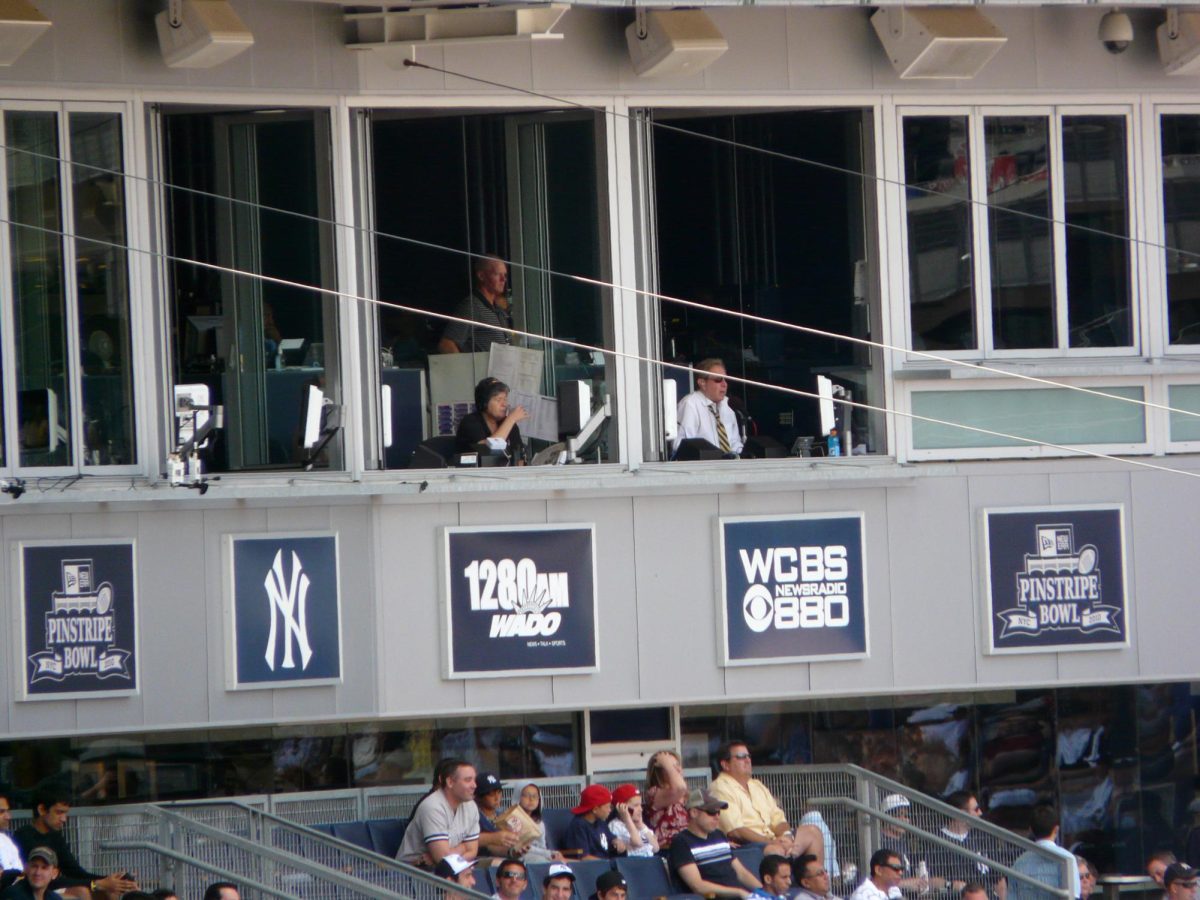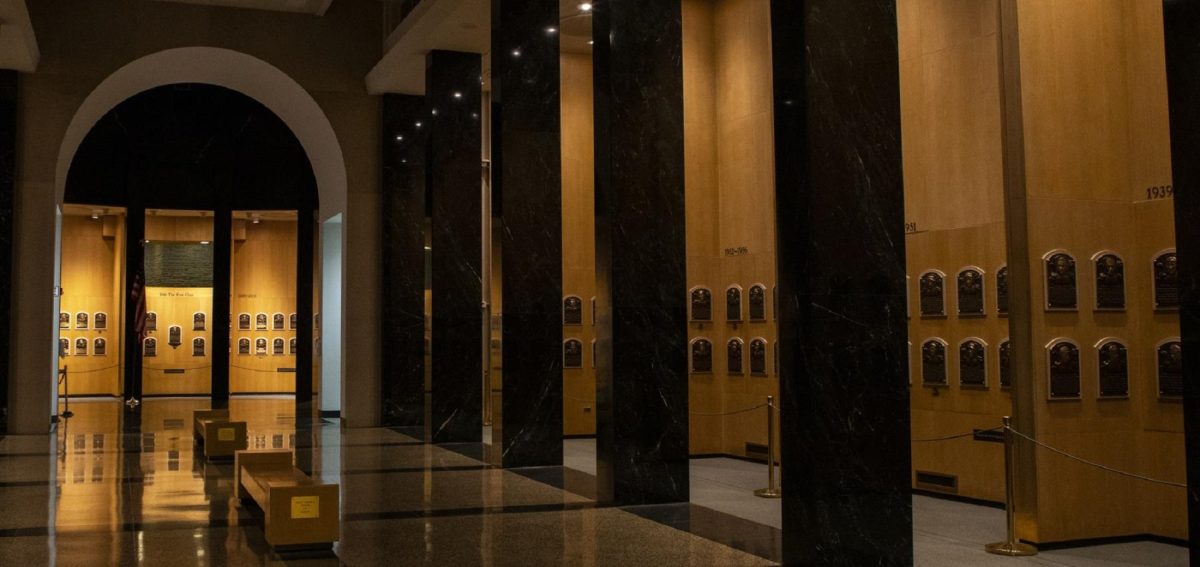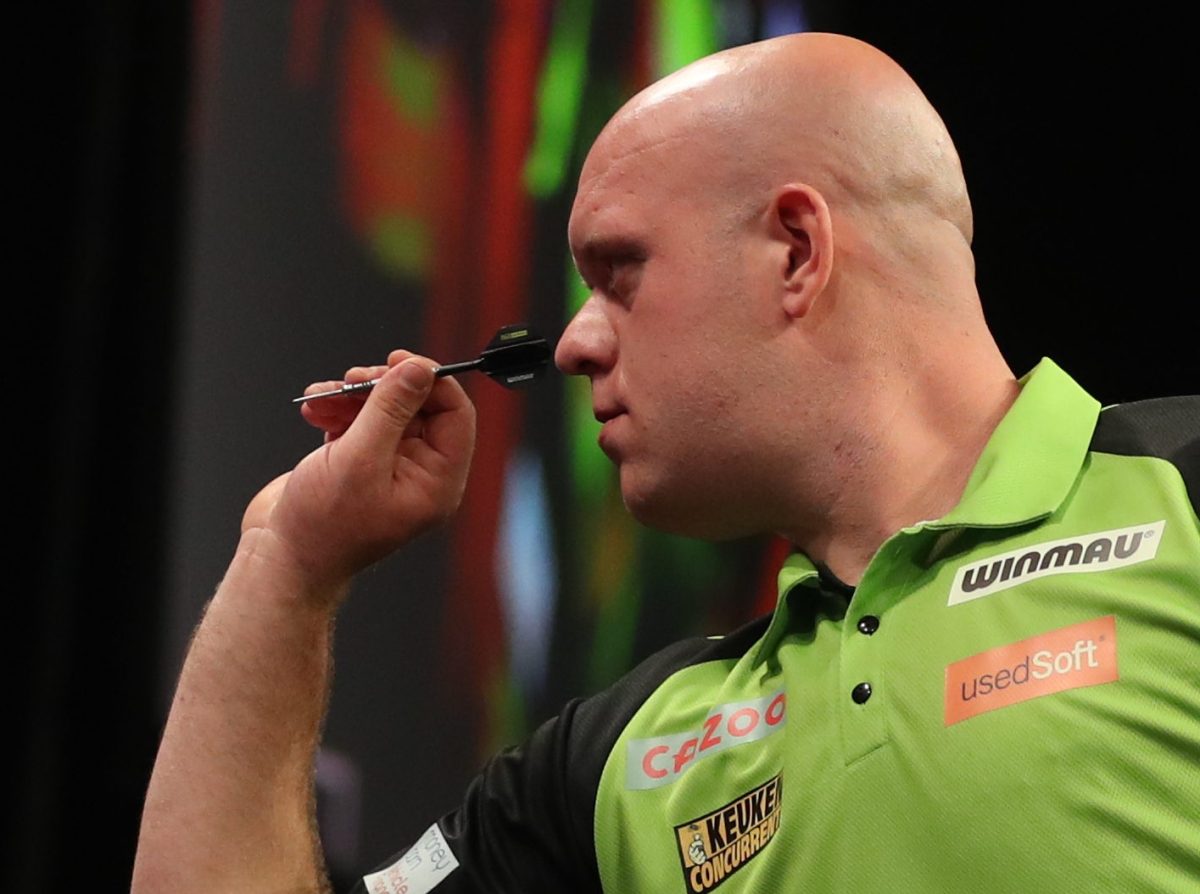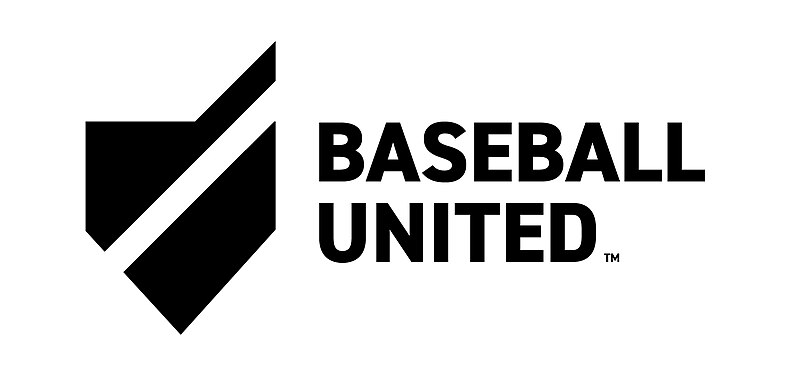Finding order in chaos is difficult in any part of life, but it is particularly daunting to serve as the beacon of order in a sea of chaos, which describes the everyday life of a professional referee.
Refereeing professional sports requires immense knowledge, focus and acute decision-making abilities. Yet given a referee’s power to control the outcome of a game, the most important attribute a referee must possess is humility. A referee’s job is to ensure that players follow the rules and to hand out punishments or fouls accordingly; they are not the stars of the show.
This humility does not always exist among referees, and there is no better example of an egotistical referee than Mark Clattenburg, who, over the past week, shed light on his time as an English Premier League official from 2004 to 2017.
Clattenburg has routinely called himself the best referee in the world — already a red flag — and only stirred up more disaster in his most recent interviews about the 2016 contest.
In the 2015-16 season, Leicester City won the Premier League in arguably the greatest soccer story of our generation. However, the title was decided not through a Leicester victory but rather by a game between Chelsea F.C. and Tottenham Hotspur.
Tottenham was right on Leicester’s tail in the table and needed to maintain the pressure with a win against Chelsea. Any other result would cost Tottenham the title. Clattenburg was the referee for the game, which saw nine Tottenham players booked.
The game was physical from the start, culminating in an incident that saw Spurs midfielder Mousa Dembélé banned by the league for six games for violence against Chelsea forward Diego Costa. Both Chelsea and Tottenham received record fines — totaling more than $800,000 combined — from England’s governing soccer body after the game.
In his interview on Monday on the NBC Sports “Men in Blazers” podcast, Clattenburg said that he allowed the Spurs “to self-destruct so all the media, all the people in the world went, ‘Tottenham lost the title.’”
“If I sent three players off from Tottenham, what are the headlines? ‘Clattenburg Cost Tottenham the title.’ It was pure theater that Tottenham self-destructed against Chelsea, and Leicester won the title,” Clattenburg said. “I helped the game. I certainly benefited the game by my style of refereeing.”
Clattenburg’s statement encapsulates many issues that strike at the core of the referee’s dilemma. In today’s game, officials hold significant power. A single red card, which sends off and bans a player for three games, can squash a team’s title chances in an instant.
At the same time, the red card serves as a punishment for violence to protect other players. The fact that Clattenburg did not send anyone off, especially when it was clear that Tottenham was consistently and consciously making dangerous tackles, is shocking given how many Chelsea players could have been injured.
Beyond that, Clattenburg admitted that he purposefully jeopardized the integrity of a title-deciding game to protect his own reputation, once more striking at the heart of the predicament.
Referees are important, and they make important decisions, but they do not play the games. If more referees like Clattenburg start to feel as though they are bigger than any one game, the sport will lose its quality of fairness and chance. The cynics will win. Every decision will face tidal waves of scrutiny.
Every major American sport has faced some sort of refereeing scandal, whether it be simply replacement officials in the NFL missing calls or Tim Donaghy betting on the games he was officiating. As soccer continues to grow and as the world continues to fight for the end of the massive corruption in FIFA, officiating is one aspect that should be given attention.
Yellow and red cards — both punishments that directly affect the number of players allowed on the field at any one time — have always been a part of match-fixing scandals, and those come and go.
However, to come into a game with an agenda of self-preservation, as Clattenburg has, is far more insidious. Refereeing with an agenda not only threatens the health of every player on the pitch, but it also undermines the very integrity that officials are supposed to protect.
If Clattenburg’s interview reveals anything, it is that soccer has a refereeing problem that needs to be addressed. Many more referees could be quietly altering outcomes according to their whims. Now, we know a little more about soccer’s referee problem — all thanks to Clattenburg being foolish enough to open his mouth.
Vanessa Craige and Paolo Santamaria are seniors in the School of Foreign Service and the College, respectively. This is the final installment of NOTHING BUT NET.















